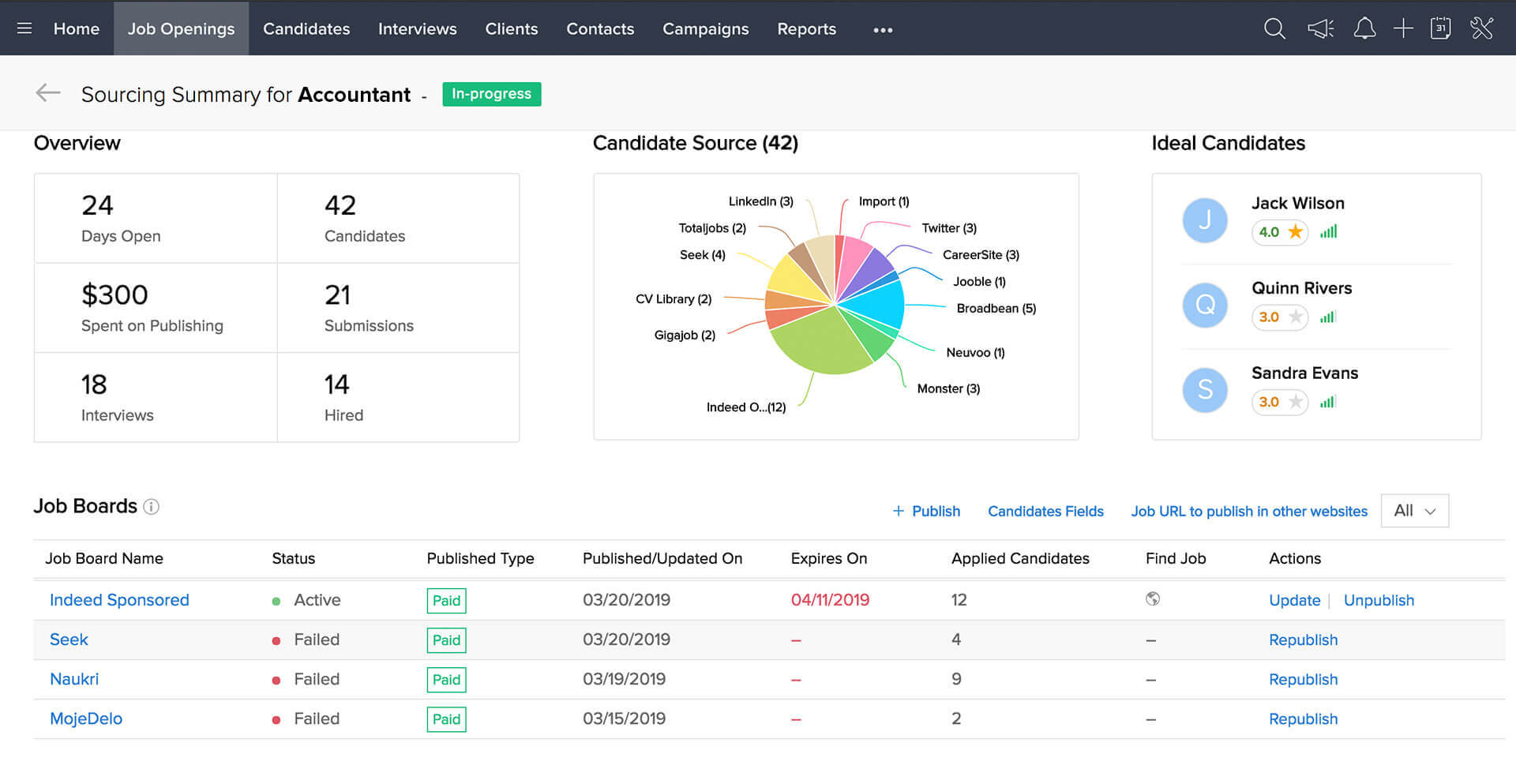Outside of CVs: Unleashing the Power of Talent Acquisition Systems
In today's competitive job market, the traditional hiring process is experiencing a significant transformation. Companies are no longer relying solely on resumes and cover letters to filter through candidates. Instead, they are leveraging the power of hiring software to streamline and improve their hiring practices. This shift is not just about keeping up with technology; it signifies a fundamental change in how companies approach hiring and management.

Recruitment software offers a variety of benefits that extend far beyond just managing applications. It helps businesses discover the best candidates more efficiently, boosts communication throughout the hiring process, and ultimately leads to better hiring decisions. By making use of these cutting-edge tools, businesses can save time, reduce costs, and enhance their overall recruitment strategy, allowing them to focus on what truly matters: discovering the right talent to drive their achievements.
Understanding Recruitment Software
Recruitment software is a critical tool for organizations endeavoring to streamline their recruitment procedures. It facilitates the full recruitment lifecycle, from identifying talent to integrating new employees. By leveraging software recruiting , businesses can improve their productivity, lower hiring time, and significantly enhance the candidate experience. The implementation of hiring software enables organizations to handle job applications, monitor applicant progress, and interact with candidates smoothly.
One of the primary benefits of using software for hiring is the capability to tap into a wider talent pool. With capabilities such as distribution of job postings across various platforms and sophisticated filtering options, organizations can draw in candidates from various sources. This means that organizations do not neglect top talent and can connect with diverse candidates. Additionally, screening and ranking applicants through digital systems can help hiring teams concentrate on the best qualified applicants for the job, making the selection procedure more effective.
Moreover, recruitment tools often includes robust data-driven analytics and reporting capabilities. Organizations can evaluate various hiring metrics, such as the efficacy of job postings, applicant sourcing channels, and overall hiring trends. This data-driven approach allows companies to identify areas for improvement and make smart decisions to improve their hiring strategies. By embracing advanced software solutions, companies are better equipped to tackle the challenges of the modern recruitment environment.
Essential Aspects of Efficient Solutions
An effective recruitment software solution should have strong applicant tracking capabilities. This functionality allows companies to simplify the hiring process by managing job applications, scheduling interviews, and tracking candidate progress in a cohesive system. With an user-friendly interface, hiring teams can quickly navigate through resumes and applications, ensuring that no potential candidate is missed. This capability not only saves time but also enhances the overall candidate experience, making it easier for companies to draw in top talent.
Furthermore, advanced recruitment software often includes robust analytics and reporting tools. These features enable organizations to assess their hiring processes, identify bottlenecks, and determine the effectiveness of different recruiting strategies. By capitalizing on data-driven insights, companies can make informed decisions, optimize their recruitment efforts, and ultimately enhance the quality of their hires. The ability to generate reports on various metrics is invaluable for comprehending trends and adjusting strategies to meet organizational needs.
Finally, effective recruitment solutions should work smoothly with other human resources tools and platforms. This integration allows for a smooth transfer of information between systems, reducing the need for manual data entry and minimizing errors. A fully integrated software for recruitment improves collaboration among teams and ensures that all stakeholders have access to the same current information. This integration is crucial for maintaining effectiveness and uniformity in the hiring process, ultimately benefiting the organization's overall performance.
A Future of Hiring Technology
Since companies increasingly turn to software for recruitment, the future brings innovations that will reshape how businesses engage and hire candidates. Sophisticated algorithms and artificial intelligence will enhance the skill to filter CVs, finding the best candidates with unmatched accuracy. This shift will reduce the time spent on manual processes, allowing HR teams to focus on strategic initiatives of talent management.
Furthermore, the merging of big data into talent acquisition tools will yield greater insights into recruitment trends and employee effectiveness. Companies will not only be able to monitor the impact of their talent acquisition methods but also modify them in real-time to satisfy changing demands. This data-driven insight will enable organizations to make data-driven decisions that lead to better hiring outcomes and staff loyalty.
In conclusion, as telecommuting becomes more prevalent, recruitment software will progress to support distributed teams. Digital onboarding systems and upgraded communication tools will create a smooth experience for onboarding employees, no matter their location. The next phase of recruitment technology will enable companies to create inclusive and strong talent pools, encouraging progress and development in an progressively competitive environment.